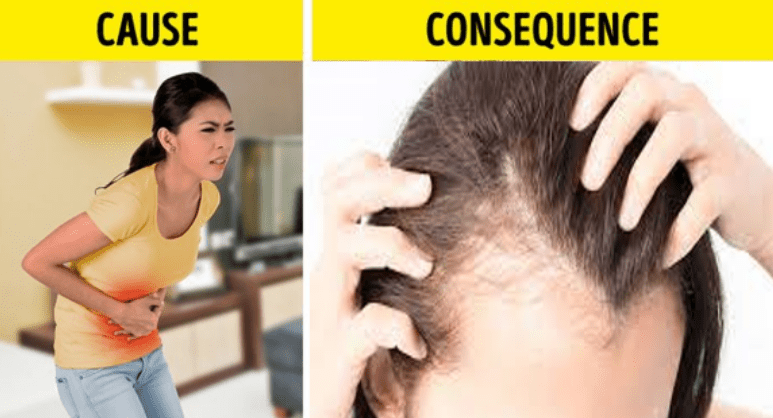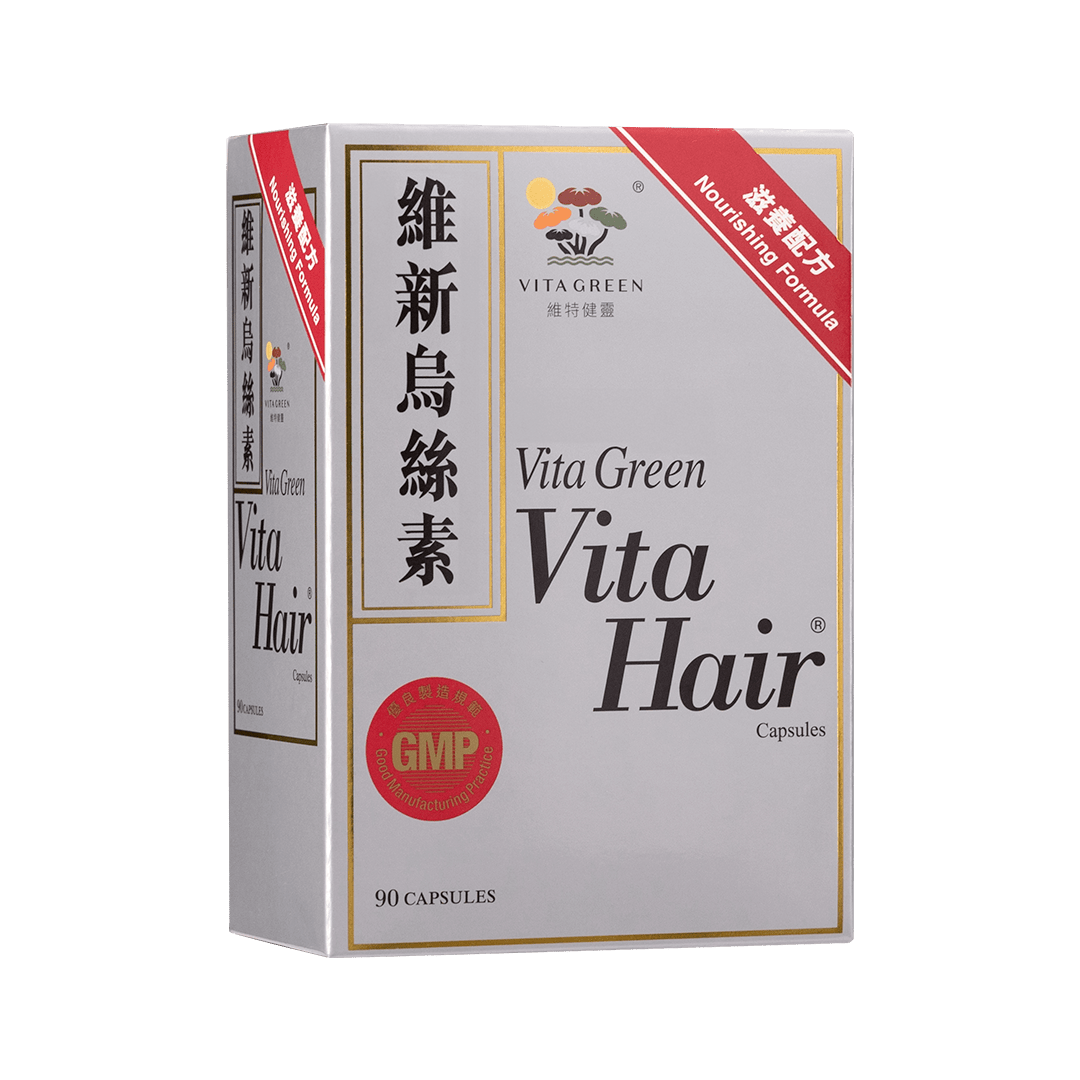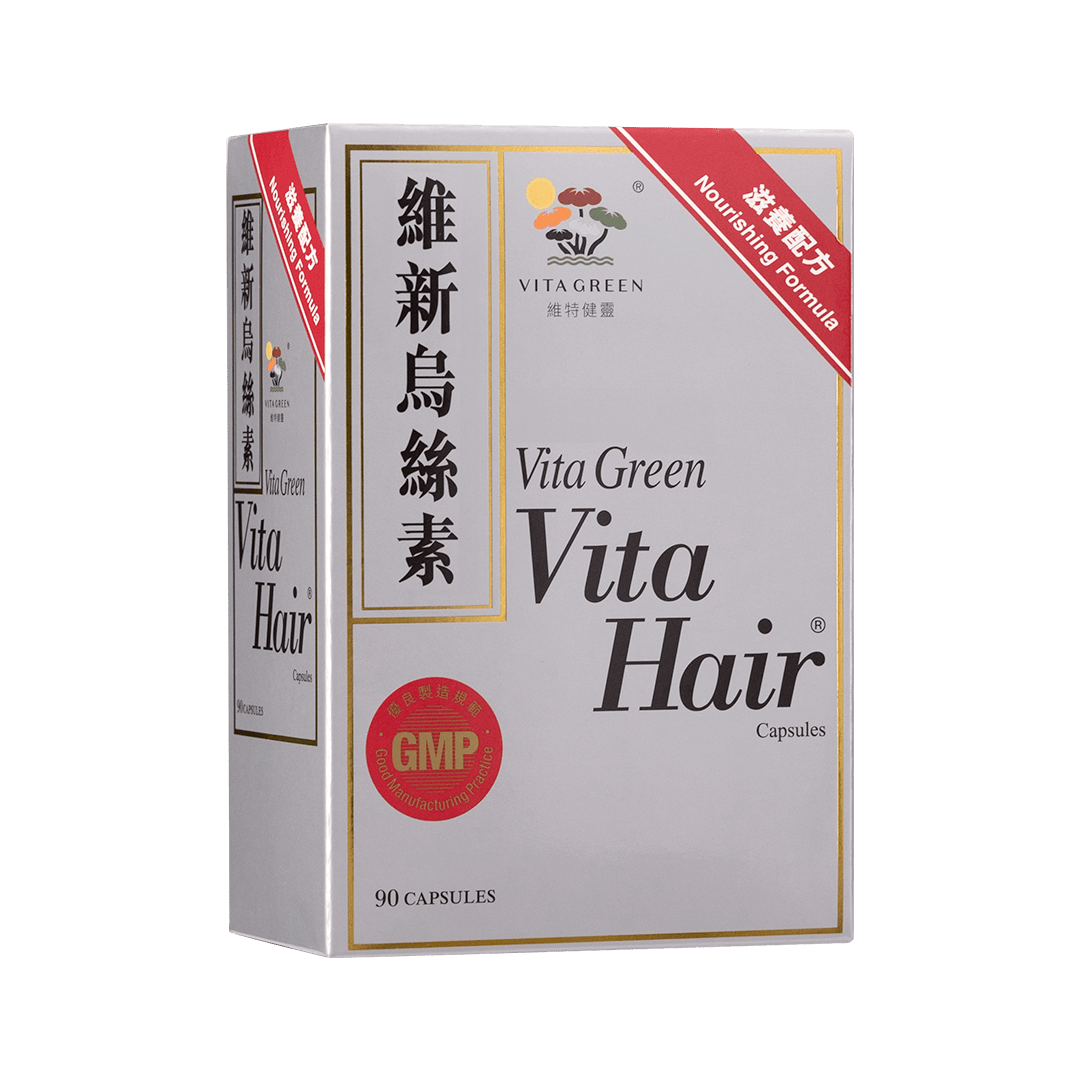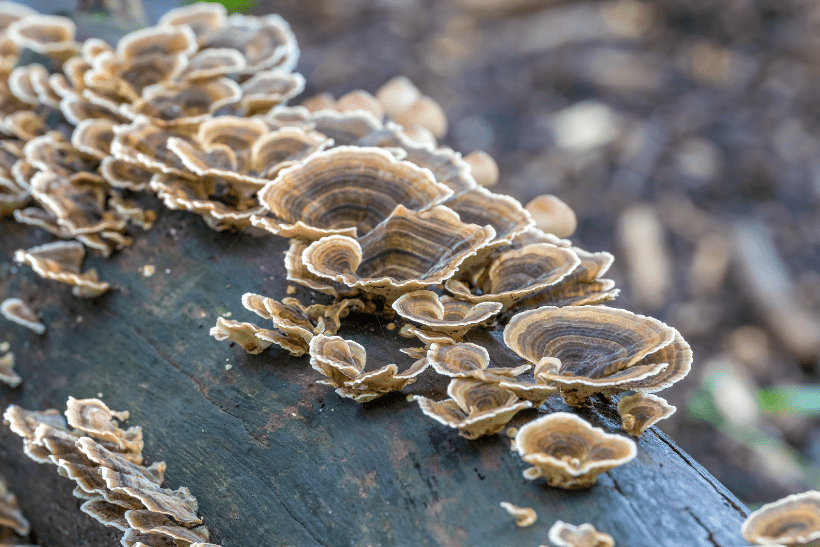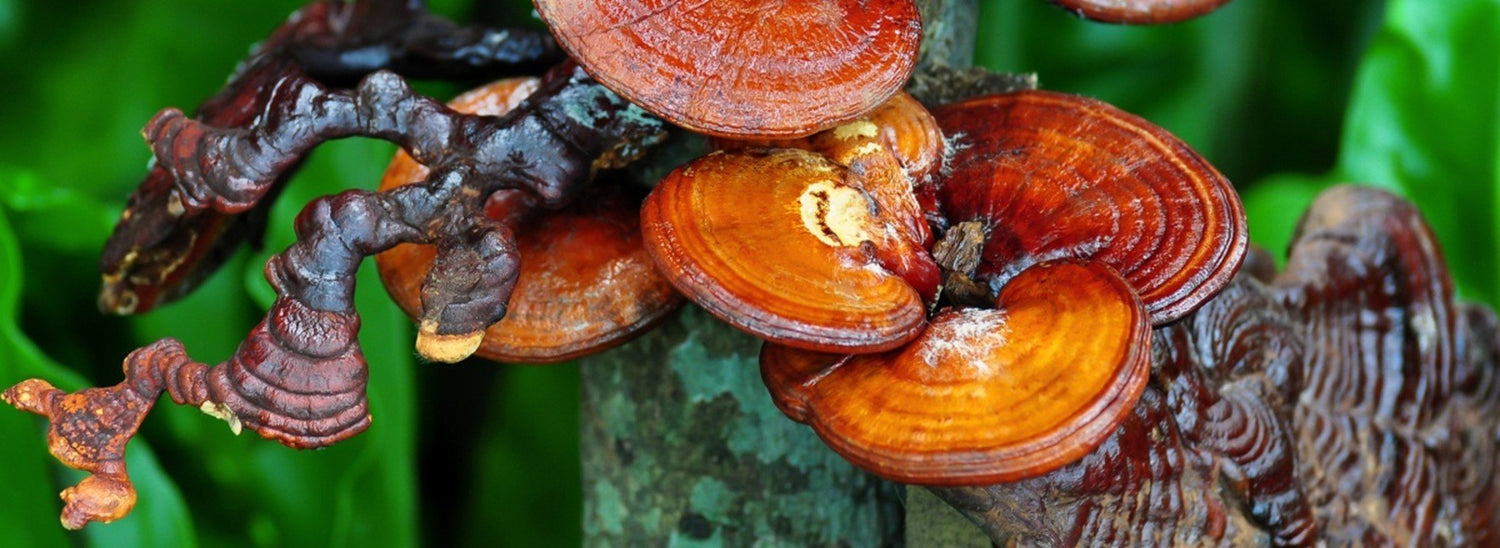We all know that our hair says a lot about us. The style we choose, the products we use, and how often we wash them can all speak volumes about our personality and lifestyle. Having healthy, lusty, and gorgeous hair is the dream of many people worldwide. We all want our hair to look great, but sometimes our hair undergoes rapid changes, and we start fretting over bad hair days.
But what you might not know is that your hair can also say a lot about your health. Most people don't think about it, but your hair can be a valuable indicator of certain health conditions. These changes are not surface-level issues instead they indicate the underlying health conditions. The texture, thickness, and overall look of the hair can indicate whether you are suffering from a nutritional deficiency, stress, or other health complications.
If you constantly have these hair problems, then consider the following reasons:
1. Hair Loss - Kidney or Liver Problem
If you experience frequent hair loss, the chances are that your immune system might be compromised. Hair needs abundant protein to remain healthy. Kidney problems Such as chronic kidney disease cause hair loss.
People having chronic kidney disease suffer from reduced appetite and protein and mineral deficiency that causes thinning and weakening of hair. Severe chronic kidney disease leads to hair loss.
Problems with the liver affect the uptake and digestion of vitamins. Maintaining healthy hair requires proper digestion of vitamins. Liver disease affects hair growth and leads to hair loss.
2. Heavy Hair Loss - Poor Blood Circulation
Blood flow is essential to maintain healthy and strong hair. Hair growth depends on regular blood circulation towards the scalp. During the anagen (growth) phase, your hair follicles need blood to grow.
The anagen phase lasts three to five years, in which hair grows between eighteen to thirty inches. Blood carries essential nutrients and oxygen towards the hair follicles, which need them to sustain strong hair.
Sometimes, the blood flow is affected, and the hair follicles become malnourished. This happens due to two primary reasons; your scalp's blood circulation area is quite far from your heart, or your scalp is not the most active part of your body.
Slow hair growth also happens due to these reasons. As a result, blood circulation is affected and is not sufficient to sustain hair follicles.
3. Hair Shedding - Iron and Protein Deficiency
If you see large chunks of hair falling out, then you may be suffering from iron deficiency. Iron is necessary to sustain the anagen phase of hair growth. Ferritin is a protein containing iron that needs to be on an optimal level to sustain the anagen phase .
If you have ferritin deficiency , you can become iron deficiency, which makes you feel tired, exhausted, and weak. Consequently, according to a study that links iron deficiency to hair loss, your hair also starts to fall rapidly.
It is necessary to consume iron-rich foods like spinach, kale, beef, beans, and dried fruits to maintain your iron levels.
Women suffering from heavy periods also face a decline in iron levels as opposed to pre and post-menopausal women. Hair is made up of proteins and having adequate protein is necessary to have healthy and strong hair.
People consuming a protein-deficient diet, facing gastrointestinal difficulties and undergoing gastric bypass surgery face hair loss due to indigestion. We can reverse hair loss and increase protein levels by consuming chickpeas, chicken breast, nonfat yogurt, and eg gs.
4. Graying Hair - Stress
Graying of hair is a normal sign of aging. As we old, the number of melanocytes (melanin-producing cells) in the hair follicles reduces, which leads to less melanin production and hence less color in the hair.
Sometimes young people also experience hair graying due to chronic stress. research suggests that stress-induced hormones deplete melanocytes and damage DNA. This in turn leads to premature graying and hair loss. Oxidative stress also affects melanocytes' functioning. Chronic stress increases the production of cortisol, a hormone responsible for aging and g raying.
If you are under increased stress and notice a silver lining in your hair, it is time to step back and focus on your health.
Premature graying is also caused by vitamin B12 deficiency. It is essential to undergo tests to find out the reason. If you face vitamin B12 deficiency, then consume foods enriched with vitamin B12, such as salmon and tuna, or take a vitamin supplement.
5. Bald Patches - Immune System Issue
Hair loss and hair health are also affected by immune system disorders. One such autoimmune disorder is Alopecia areata. An autoimmune disorder is a health condition in which your immune system cells mistakenly attack your own body.
According to a study, Alopecia is an autoimmune disorder that attacks your hair and causes it to fall out in round patches.
As a result, bald patches develop on the head. The good thing is that Alopecia does not destroy the hair follicles meaning that your hair can regrow after a while.
There are medications and treatments available that can stimulate hair regrowth after Alopecia. People are more likely to have Alopecia if their relative or close family member has it.
6. Hair Thinning- Thyroid Disease
The thyroid is an endocrine gland responsible for regulating many body functions such as metabolism, heartbeat, cholesterol, breathing rate, and menstrual cycle. Sometimes thyroid gland malfunctions and leads to hyperthyroidism and hypothyroidism. ism is a situation in which the thyroid gland slows down and produces fewer Thyroid hormones than usual, leading to hair thinning and hair loss.
Hypothyroidism is diagnosed by a thyroid-stimulating hormone test and is treated by taking thyroid medication. Thyroid disorders also lead to other health conditions such as Alopecia areata , which leads to hair loss. However, hair loss can be reversed by regulating the thyroid hormones and taking treatments.
In addition to hypothyroidism, hair thinning, and weakening can also be attributed to polycystic ovarian syndrome (PCOS) in women. PCOS causes hormonal imbalance, which leads to hair thinning and shedding.
7. Itchy Scalp - Zinc Deficiency and Fungal Infection
If you suffer from constant itchiness and feel the need to scratch your scalp, the chances are that you might be suffering from zinc deficiency. Zinc is an essential trace element that is needed by our body to process carbohydrates, fats, and proteins.
Since proteins are the main components of hair, having less zinc can affect protein uptake. According to research, low zinc levels lead to scalp itchiness and hair thinning.
8. Dandruff-Imbalanced Diet
Dandruff is a scalp condition in which tiny white flakes start shedding off your scalp. Many people experience a dip in self-esteem due to chronic dandruff. Dandruff results from eating an imbalanced diet. Consuming certain foods high in fats disturbs the microflora in your scalp , which leads to dandruff.
Being sensitive to hair care products, having dry skin, and not shampooing regularly also leads to dandruff. It is vital to stop consuming bad fats such as chocolates, sweets, and dairy products since they exacerbate oil production leading to dandruff uff.
The good news is that dandruff is treatable and can be prevented by using anti-dandruff shampoos.
Another type of dandruff is Yellow Dandruff which is caused by seborrheic dermatitis. People suffering from seborrheic dandruff have a red, greasy scalp covered with yellow or white scales.
Seborrheic dermatitis usually affects infants but can affect adults too. It is caused by a microbe called Malassezia globosa that lives on our scalp and produces oleic acid. Many people are sensitive to oleic acid, which causes dandruff.
However, some people are extremely sensitive to oleic acid, which causes seborrheic dermatitis. It is also triggered by harsh chemicals and stress.
9. Brittle Hair- Cushing's Syndrome
Cushing's Syndrome is a condition that leads to the overproduction of cortisol, a stress hormone by the adrenal gland. This, in turn, makes the hair weak and brittle. Cushing's Syndrome is also triggered by stress, fatigue, and back pain.
Overproduction of cortisol leads to a surplus of androgens such as testosterone that play a role in male-pattern baldness and hair loss.
The good thing is that Cushing's Syndrome is treatable and can be prevented by changing the medications and subjecting your adrenal gland to chemotherapy and radiation.
How to Combat these Hair-related Issues?
If you suffer from any of the health conditions mentioned above or hair issues, then consider taking herbal haircare supplements that contain herbs to transform your hair. Try out Vita Hair a hair growth supplement that uses 13 types of natural herbs . These ingredients improve blood circulation and nutrient supply to the hair follicles to grow longer and thicker hair which is a proven herbal supplement for faster hair growth, hair loss & thinning hair. University research has also shown that taking Vita Hair increased 60% more hair growth than the control group in 90 days.
Vita Hair includes these well-known herbal ingredients that could help with your health and hair issues:
- Reishi - (wide list of health benefits including reducing scalp inflammation, improving blood flow towards the scalp, boosting your immune system ,).
- Fo-ti- (transforms damaged and dormant hair follicles into fast and rejuvenated hair follicles, In several scientific studies , researchers found that RPMP is useful in preventing hair loss and aiding with blackening the hair. This can be very beneficial for patients with alopecia)
- Radix Angelicae Sinesis - (well-known for its beneficial properties and healing capabilities, includes all of the vital nutrients including vitamin B, zinc, minerals, iron, and Ginsenosides. Ginsenosides are the major constituents of ginseng that enter the hair fiber directly and help to prevent hair concerns including thinning, greying, hair loss, and baldness)
- Herbal Eclipta - an annual plant that is used as a medicinal herb. It has been used in traditional Chinese medicine to tonify the kidneys and liver, which are essential for the body's vital fluids (Lin et al. 2010)
- Poria Sativa (stabilizes hair loss and can aid with hair loss in a variety of ways like Alopecia)
- silk seed (hydrates, strengthens, and restores hair strands)
Our hair is the first indicator of underlying health conditions. You can start by nourishing your hair concerns by trying these herbs and purchasing Vita Hair . Begin utilizing these Chinese herbs on a daily routine to discover and notice how much of a difference using herbs may achieve in a short amount of time.
Reference:
- DeNoon, Daniel J. “Hair Loss? It May Be Iron Deficiency.” WebMD, WebMD, 5AD, https://www.webmd.com/skin-problems-and-treatments/hair-loss/news/20060516/hair- loss-may-be-iron-deficiency#.
- Dunn, Mackenzie. “13 Things Your Hair Is Trying to Tell You About Your Health — Best Life.” Best Life, 26 Aug. 2020, https://bestlifeonline.com/hair-health-signs/ .
- Han, Ming-Nuan, et al. "Mechanistic studies on the use of Polygonum multiflorum for the treatment of hair graying." BioMed Research International 2015 (2015).
- “How Stress Causes Gray Hair | National Institutes of Health (NIH).” National Institutes of Health (NIH), 3 Feb. 2020, https://www.nih.gov/news-events/nih-research-matters/how-stress-causes-gray-hair .
- Kil, Min Seong, et al. “Analysis of serum zinc and copper concentrations in hair loss.” Annals of dermatology vol. 25,4 (2013): 405-9. doi:10.5021/ad.2013.25.4.405
- Kloss, Kelsey. “8 Things Your Hair Is Desperately Trying to Tell You About Your Health | The Healthy.” The Healthy, The Healthy, 25 May 2018, https://www.thehealthy.com/beauty/hair/hair-health -clues.
- Kohli, Sonakshi. “Healthy Hair Equals Healthy Body! Here Are 8 Things Your Mane Is Indicating.” Health shots, Healthshots, 7 Apr. 2020
- Korta, Dorota Z et al. “Alopecia areata is a medical disease.” Journal of the American Academy of Dermatology vol. 78,4 (2018): 832-834. doi: 10.1016/j.jaad.2017.09.011
- Lee, Keun-Hyeun et al. “Eclipta prostrata promotes the induction of anagen, sustains the anagen phase through regulation of FGF-7 and FGF-5.” Pharmaceutical biology 57,1 (2019): 105-111. doi: 10.1080/13880209.2018.1561729
- Lefkowitz, Emily G et al. “A Case Report of Cushing's Disease Presenting as Hair Loss.” Case reports in dermatology vol. 9,1 45-50. 21 Feb. 2017, doi:10.1159/000457898
- Lin ZB. Cellular and molecular mechanisms of immuno-modulation by Ganoderma lucidum. J Pharmacol Sci. 2005 Oct;99(2):144-53. doi: 10.1254/jphs.crj05008x. PMID: 16230843.
- Lloyd, Stacey Laura. “What Your Hair Reveals About Your Health.” TheList.Com, The List, 21 Nov. 2016, https://www.thelist.com/26738/hair-says-health/.nces
- Pistrosch, Frank et al. “New onset of alopecia in a young woman with end-stage renal disease.” NDT plus vol. 1,3 (2008): 162-3. doi:10.1093/ndtplus/sfn031
- Refere Borda, Luis J, and Tongyu C Wikramanayake. “Seborrheic Dermatitis and Dandruff: A Comprehensive Review.” Journal of clinical and investigative dermatology vol. 3,2 (2015): 10.13188/2373-1044.1000019. doi:10.1 3188/2373-1044.1000019
- Vincent, Maya, and Krishnan Yogiraj. “A Descriptive Study of Alopecia Patterns and their Relation to Thyroid Dysfunction.” International journal of trichology vol. 5,1 (2013): 57-60. doi:10.4103/0974-7753.114701
- Zhang, Ting et al. “Alleviation of Androgenetic Alopecia with Aqueous Paeonia lactiflora and Poria cocos Extract Intake through Suppressing the Steroid Hormone and Inflammatory Pathway.” Pharmaceuticals (Basel, Switzerland) vol. 14,11 1128. 5 Nov. 20 21, doi: 10.3390/ph14111128


